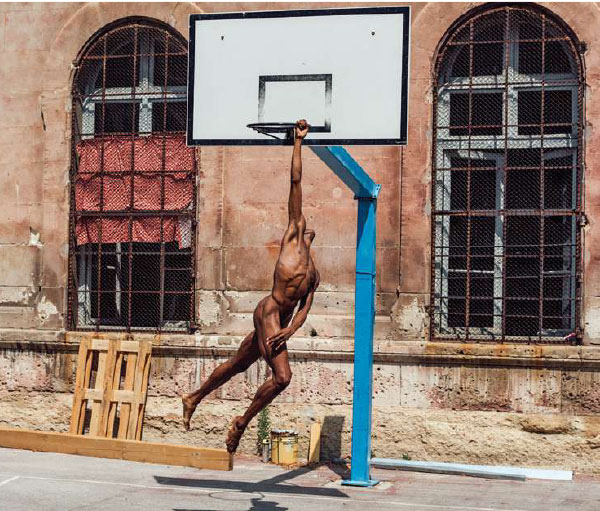Thinking the World Anew
Current buzzwords like rationalisation, interdisciplinarity and design thinking were already a major part of Bauhaus thinking. True to their mission to rethink the world, architects, artists, artisans and designers sent out innovative impulses that can still be felt today – in our urban landscapes and education, of course, but also reaching into the heart of society.
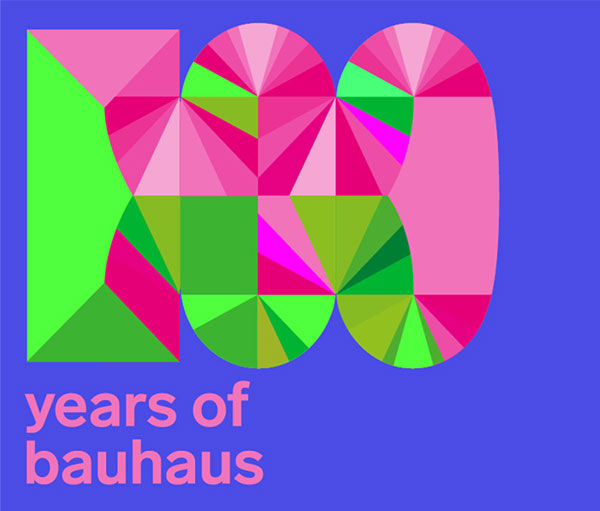
Intro 2
So 100 Years of Bauhaus is not aimed merely at celebrating magnificent buildings and furniture that defined a style but at engaging with the cultural legacy of its central figures. The subject of this centenary cannot and may not be the historical Bauhaus alone, but rather what is still tangible and perceptible today of the former design school’s approaches and achievements as well as its occasional wrong turns.
Ideally we would see the world through Bauhaus eyes. We would rethink and actively shape our surroundings with the best intentions, always focused on the needs and living realities of the people for whom the world should one day be a better place to live. Just as solutions to our current social and political challenges have long since gone beyond a scope that can be addressed by individual nations alone, this view – in the best Bauhaus tradition – must always take a global perspective.
As part of 100 years of bauhaus, we are interviewing architects, designers, performers, visual artists, educators and sociologists about their perspectives on the world of tomorrow. Which Bauhaus themes are still relevant today? Which mistakes can we learn from? And which of their visions, when thoughtfully updated, can provide us with a foundation for a better future?
Architecture
Michael Sorkin on the relevance of the architectural convictions of the Bauhaus
The three Bauhaus directors reach out to the present: the guest is Michael Sorkin, one of the most distinguished architects and architectural journalists of our day. They want to know what people think of Bauhausian ideas 100 years after the foundation of their school. Michael is happy to answer their questions.
Michael Sorkin is a world-renowned architect and author. His practice spans design, research and teaching. He is the president of Terreform.
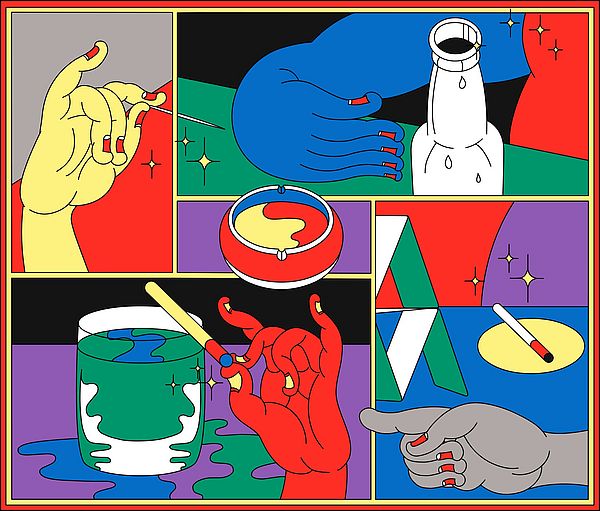
Carme Pinós on modern and contemporary architectures of education
For Gropius the masons’ lodge was an ideal. When the Sagrada Família in Barcelona was built, it became a reality. In the very years when the Bauhaus came to an end, a similar and yet completely different kind of school was established in the Spanish metropolis. It moved into new quarters in the fall of 2017. We spoke with the architect of the Escola Massana.
Carme Pinós is an architect and architecture teacher whose buildings have received multiple awards. She has taught at, among other places, the Harvard Graduate School of Design.
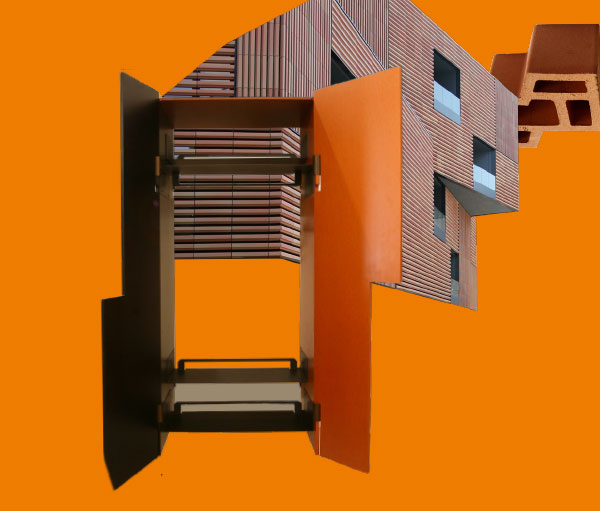
Design
Don Norman on the influential role of Bauhaus design
The Bauhaus movement, active in Germany from 1919 to 1933, marked a major turning point in the development of design and its role in society. It had a strong influence on the artistic styles of its time, but to many designers today it is primarily of historical interest. Don Norman, the author of “Things That Make Us Smart”, rightly asks: What has changed?
Don Norman is a cognitive scientist and the founding director of the Design Lab at the University of California, San Diego.
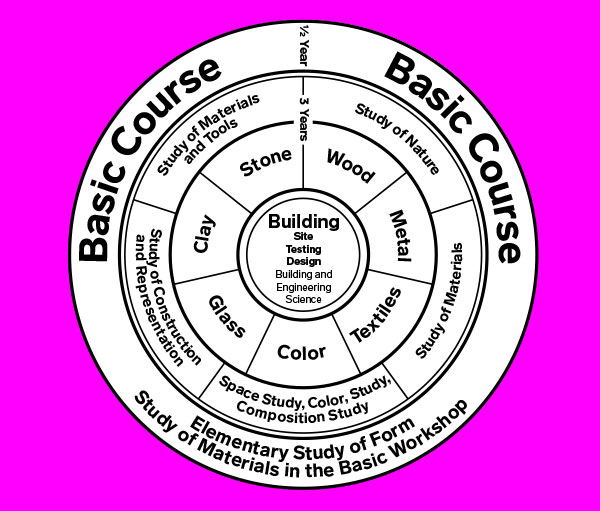
Jessica Brillhart on designing virtual worlds
Many of her experiences have been gained through making observations by looking in the opposite direction from where she had been told. The filmmaker and VR virtuoso Jessica Brillhart on meditation in mental spaces, the perception of the future and radical experimentation in the spirit of the Bauhaus.
Jessica Brillhart is a theoretician and user of virtual reality. Until recently she was a member of Google’s VR Team.

Society
Saskia Sassen on global cities of the future
Cities around the world are not only increasing in number – their transformation also entails social consequences that are difficult to predict. While the middle class is becoming increasingly marginalised by these global cities, they provide fertile ground for a class that is steadily growing despite being completely underestimated in political discourse: as the power base of the powerless.
Saskia Sassen is a professor of sociology at Columbia University. The globalisation theorist coined the term “global city”.

Austin Zeiderman on cities caught between security and justice
Ever since the attacks on 11 September 2001, security has returned to the top of the global agenda. But what really makes cities safer? And what qualifications do architects and urban planners need in order to do their work? We spoke with the author of “Endangered City: The Politics of Security and Risk in Bogotá” about sources of urban insecurity, both real and alleged.
Austin Zeiderman is an associate professor of geography at the London School of Economics and a research fellow in the LSE Cities Programme.
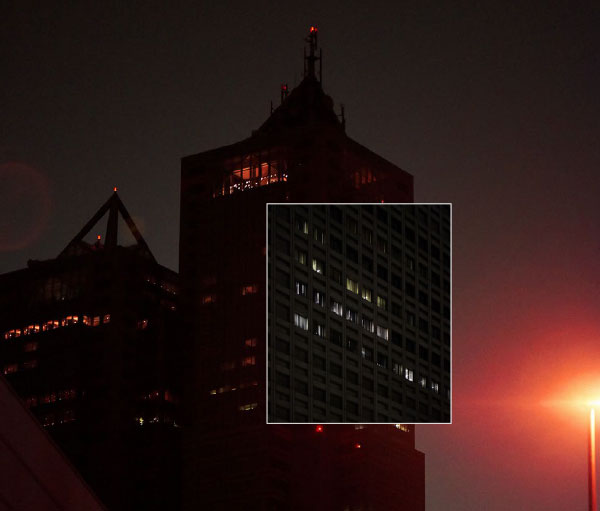
Performance
Jan Bartoszek on the timeless inspiration of the Bauhaus stage
Inspired by the modernist art of the Bauhaus, Hedwig founder Jan Bartoszek’s latest work, “Futura”, is a vibrant and colourful exploration of how dance both shapes and is shaped by society, art, architecture, and design in the 21st century. The multidisciplinary work, created in a path-breaking collaboration between Hedwig Dances, the Bauhaus Dessau, the IIT Institute of Design (established 80 years ago as the “New Bauhaus”) and Leviathan, celebrated its premiere in Chicago at the beginning of November 2018.
Jan Bartoszek is the artistic director and founder of Hedwig Dances, a modern dance theatre ensemble based in Chicago.
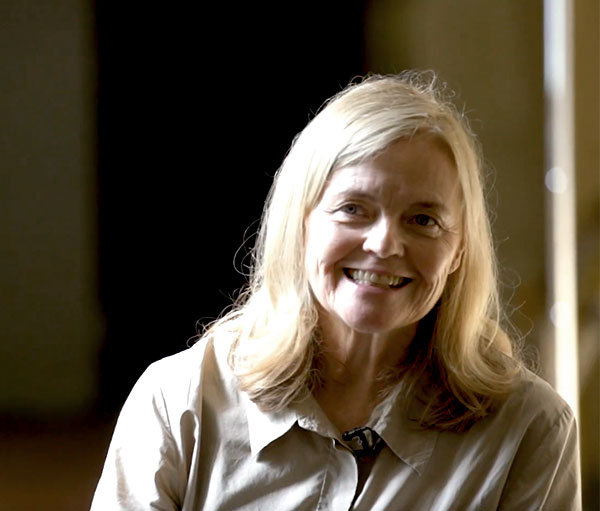
RoseLee Goldberg on performance art with a future
In artnet magazine, RoseLee Goldberg was recently named the “world’s busiest performance art curator”. The founder of the Performa Institute in New York is one thing for sure: an exceptional phenomenon. Her expertise in contemporary art is based on profound involvement with the modern stage. RoseLee Goldberg on 100 years of bauhaus and the upcoming Performa biennial.
RoseLee Goldberg is an art historian, author, critic and curator specialising in modern and contemporary performance art. In 2004 Goldberg founded Performa. She has been in charge of performance programmes for the Museum of Modern Art and the Guggenheim Museum in New York

Art
Isabel Allende on women as drivers of innovation
Isabel Allende is a Chilean-American bestselling author. In her work and through her foundation, she is a strong advocate for gender equality. According to the author, real progress can only be made through emancipation.
Isabel Allende is a bestselling author and the initiator of a foundation dedicated to the support of women and girls.
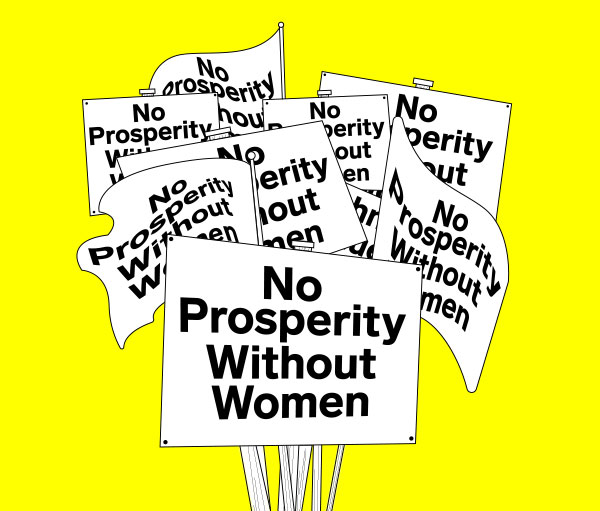
Signe Pierce on “reality art” in the digital realm
In the midst of this age of hypermedial interconnectedness, art is also undergoing a fundamental change. Conventional acting and analogue performances will not simply vanish in the future, but social networks have long since begun to revolutionise the definition of theatre. A look into the workshop of reality art and its ambition to act in the spirit of the Bauhaus.
Signe Pierce is an artist working in the fields of performance, photography, video and digital art. Her works have been shown at the Museum of Modern Art in New York, the Museum der bildenden Künste in Leipzig and the Palais de Tokyo in Paris.

Education
Rathna Ramanathan on design education in a post-colonial context
The modern obsession with ourselves, which, according to the journalist and writer Will Storr is the cause of our social problems, is not only the result of overwhelmed educators. For Rathna Ramanathan, programme director at the Royal College of Art, it is also the result of a cultural egocentrism within the framework of our education in schools and universities.
Rathna Ramanathan is a design researcher who focuses on intercultural and experimental communication. She is the director of the School of Communication at the Royal College of Art in London.
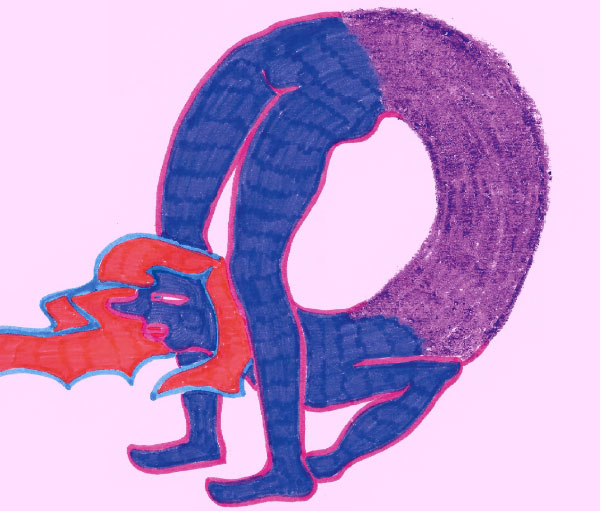
Jan Boelen on the Bauhaus as the model for a future “school of schools”
One hundred years after its founding, the Bauhaus, which had aimed to revolutionise learning, has itself solidified into a sacred cow of design education. In order to again release that magical moment of disruption, curator Jan Boelen and his team are transforming this year’s Istanbul Design Biennial into a huge field of experimentation for a necessarily restless and puzzled educational offensive.
Jan Boelen is artistic director of the Z33 House for Contemporary Art and director of the master programme in Social Design at the Design Academy Eindhoven in Belgium. In 2018 he curated the 4th Design Biennale in Istanbul.
